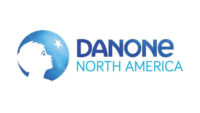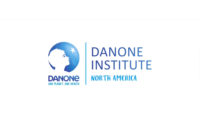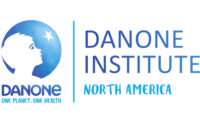Danone North America, headquartered in White Plains, N.Y., and Broomfield, Colo., said it recognized the achievements and potential of two graduate students, from the University of California Davis and the University of Chicago, with $25,000 scholarships. The scholarship recipients of the seventh annual Danone North America Gut Microbiome, Yogurt and Probiotics fellowship grant will lead investigations that expand the study of probiotics and gut bacteria. Both of the selected proposals indicate the students intend to explore the characteristics and factors that affect how gut health and the microbiome can be improved and sustained.
"Since launching the program, the Danone North America fellowship grant has drawn dozens of high-performing students from top universities in the U.S.," explained Miguel Freitas, Ph.D., vice president of scientific affairs at Danone North America. "The winners for 2018-2019 have developed innovative proposals that will not only further the field, but help pinpoint mechanisms that affect the ability of beneficial microbes to improve gut health and the microbiome."
Explained as trillions of microorganisms that live in the gastrointestinal tract, the gut microbiota have been linked to many key determinants of human health, Danone North America said, including immune, metabolic and neurobehavioral traits. While there are aspects of the gut microbiome (the community of these microorganisms) that are inherited, several outside variables such as foods and drugs appear to direct how health is affected. This year's fellows intend to further this awareness.
Megan Kennedy from the Medical Scientist Training Program at the University of Chicago will take a closer look at whether or not there is a particular time in a person's 24-hour cycle (also known as circadian rhythm) when probiotics are best able to remain in the gut community, and whether or not individuals may modify their own circadian rhythms to maximize the benefit from probiotics, Danone North America said. Meanwhile, Nick Jensen, a doctoral student in the microbiology group at the University of California Davis, will study how related types of beneficial bacteria break down different carbohydrates in the foods we eat, specifically milk oligosaccharides. The goal is to determine how to feed the good bacteria and keep them thriving.
"While there is much to learn before precise engineering of the microbiome shifts from aspirational goal to clinical reality, probiotics constitute one of the most promising early avenues of applied microbiome engineering," Kennedy said. "With this grant, I will have the funding to conduct scientifically rigorous experiments that link my professional interest in clinical and translational science with my academic appreciation for the complexity of microbial ecology."



